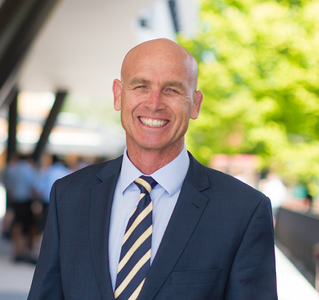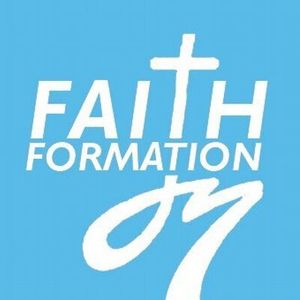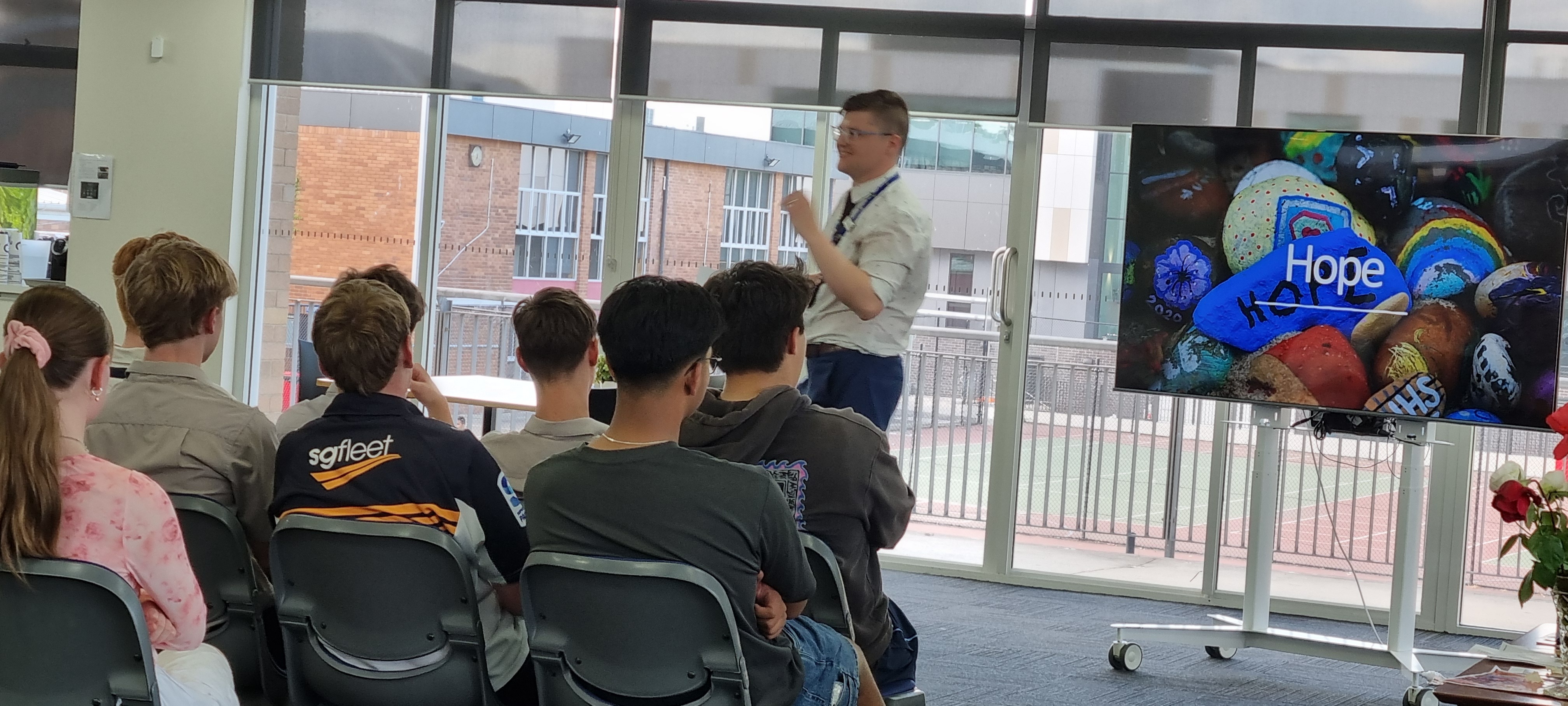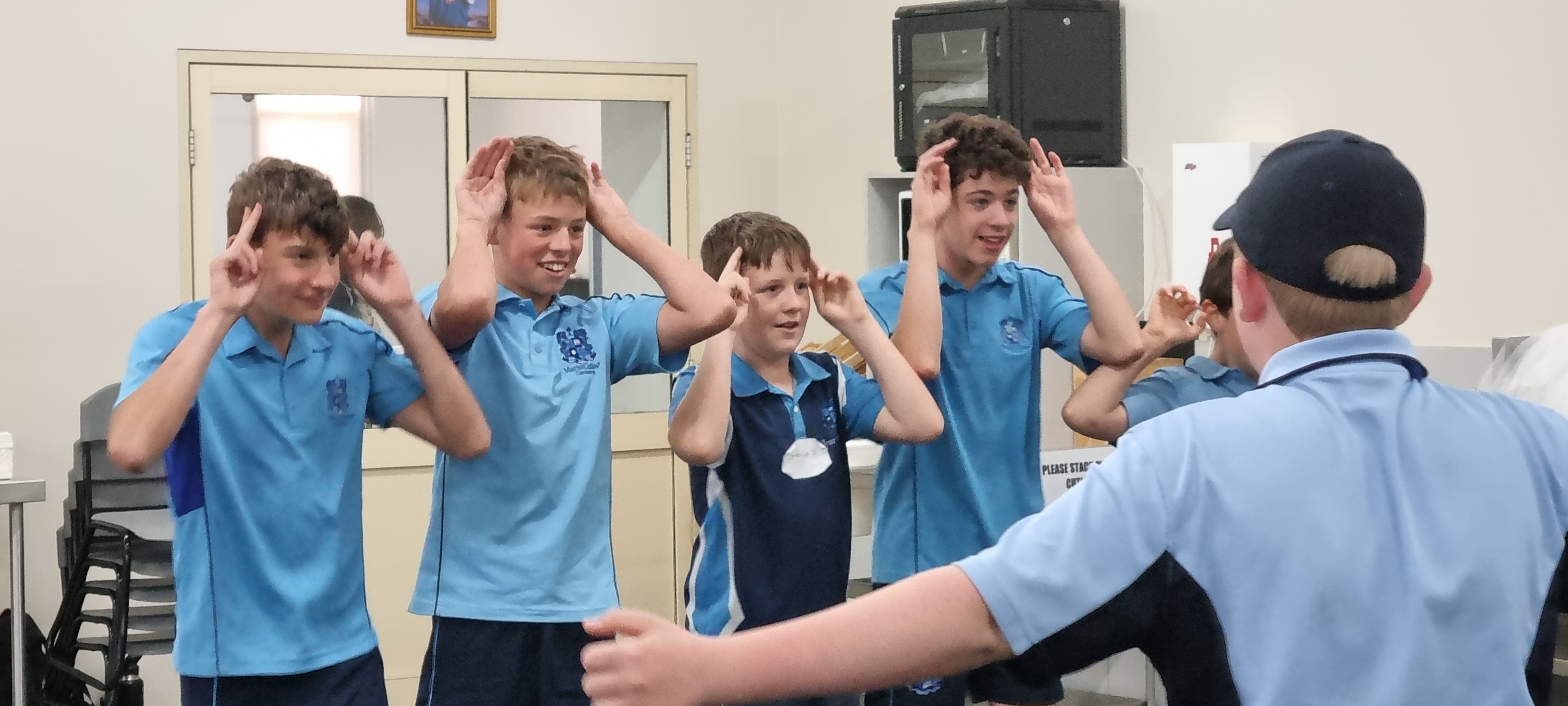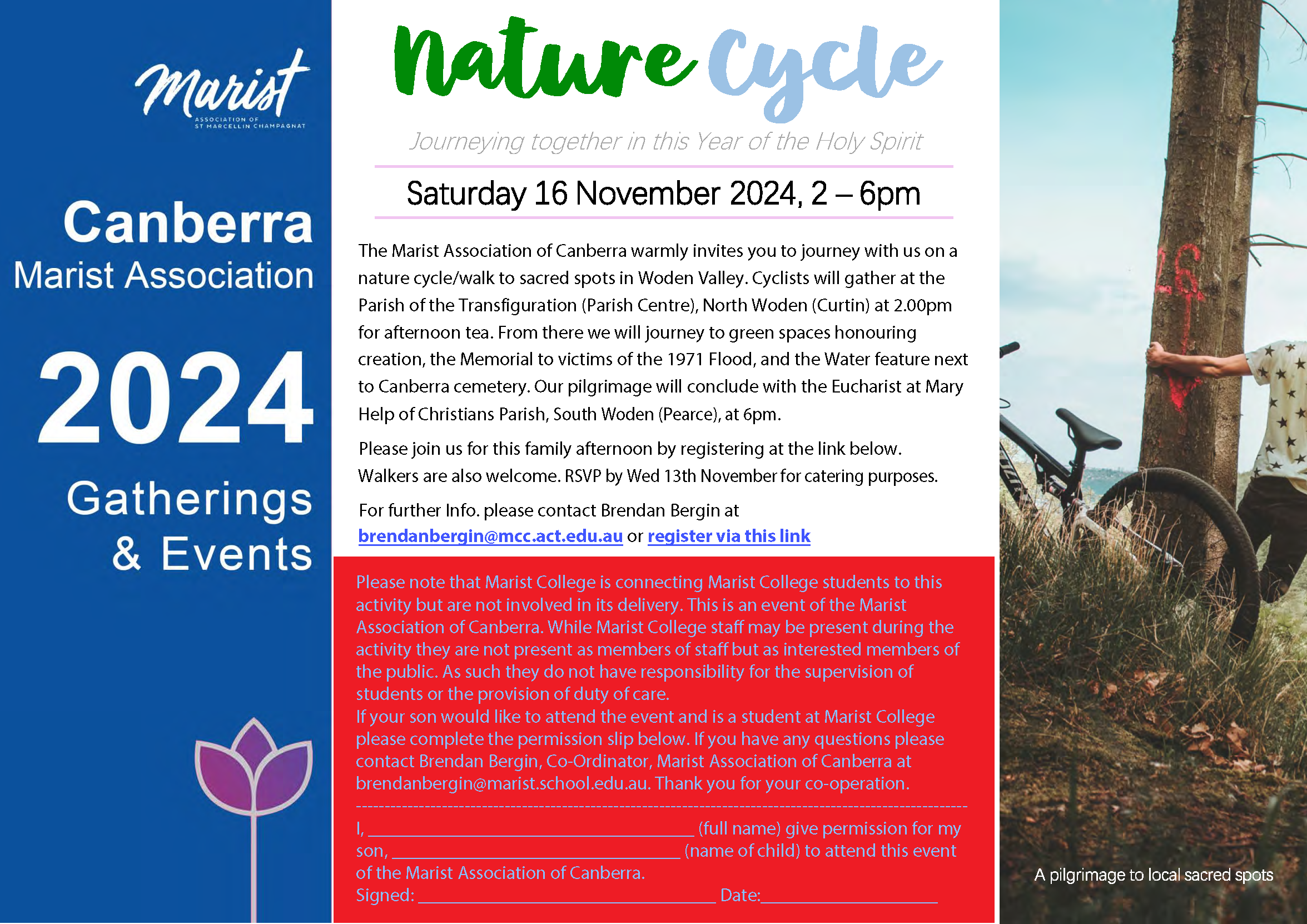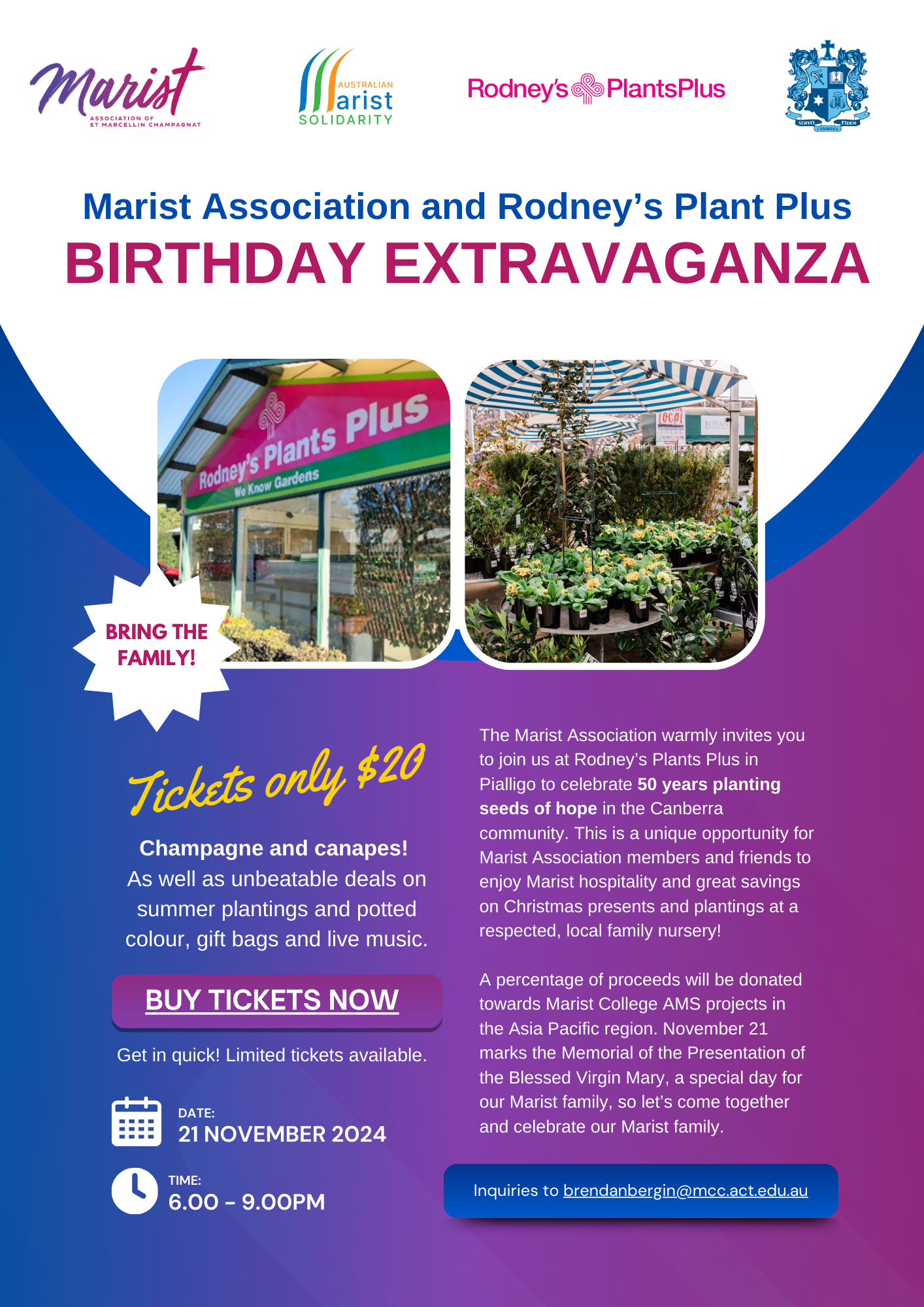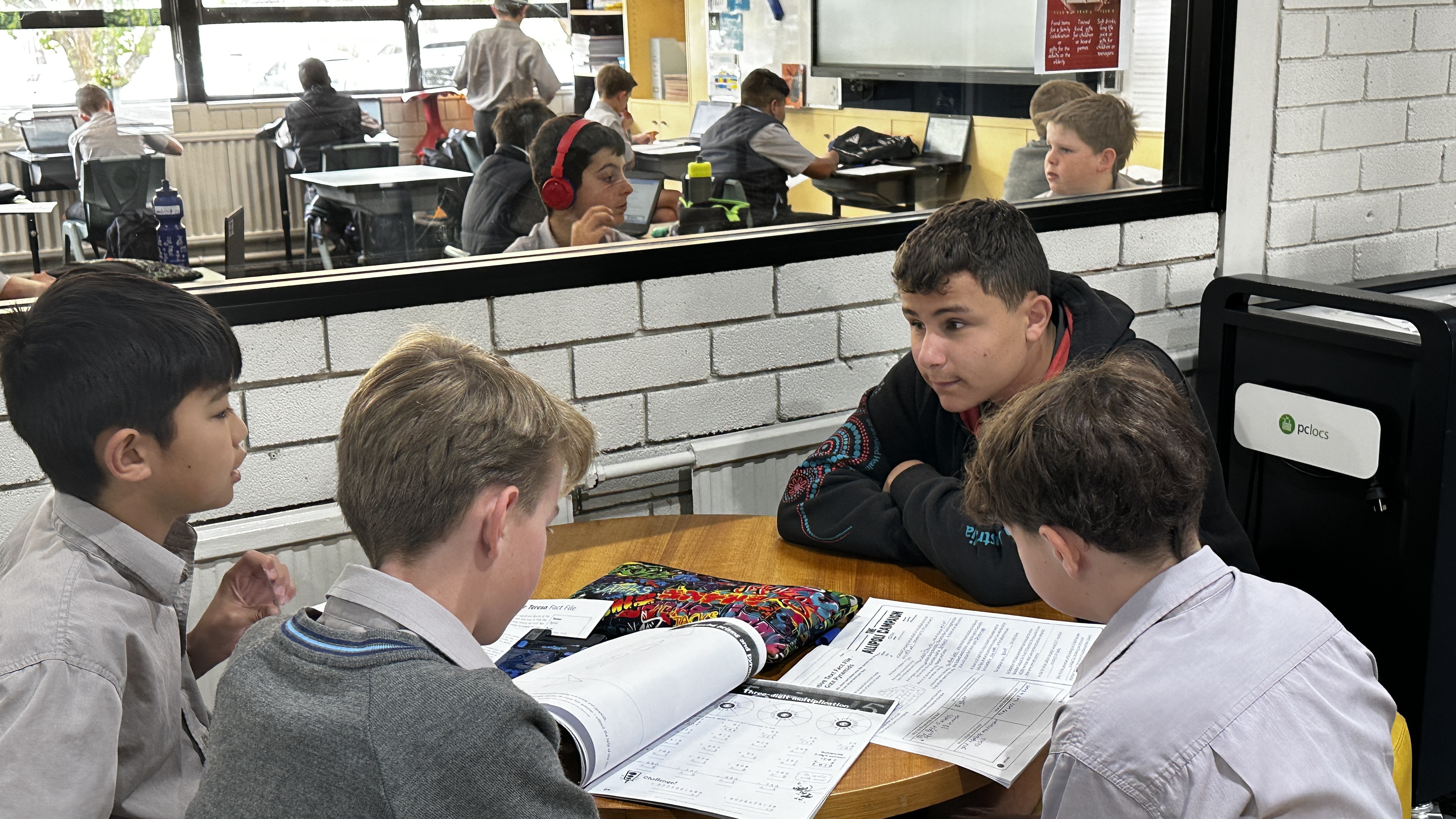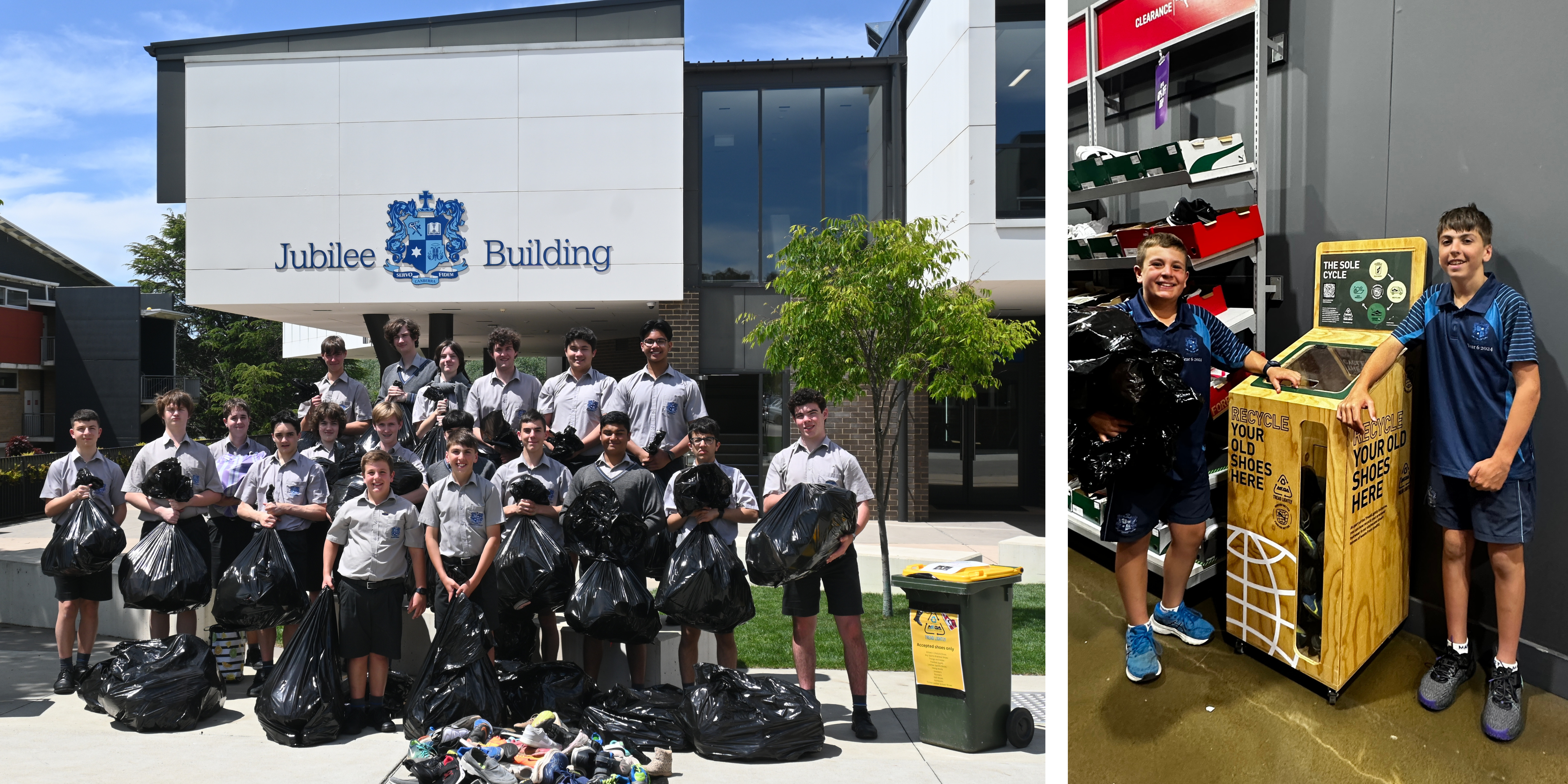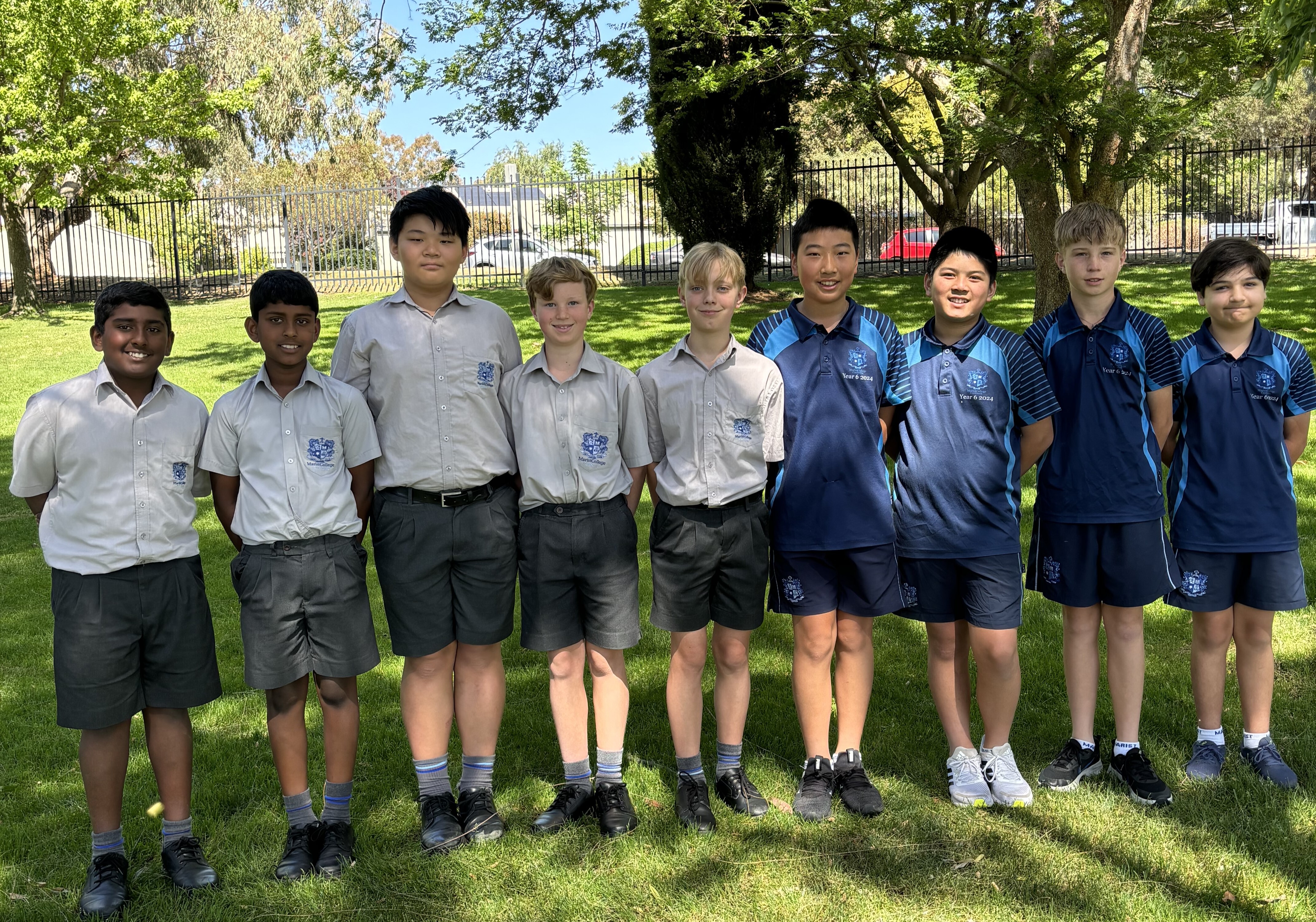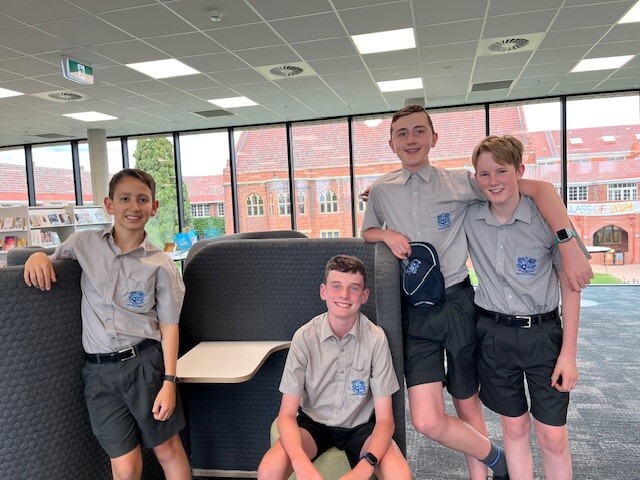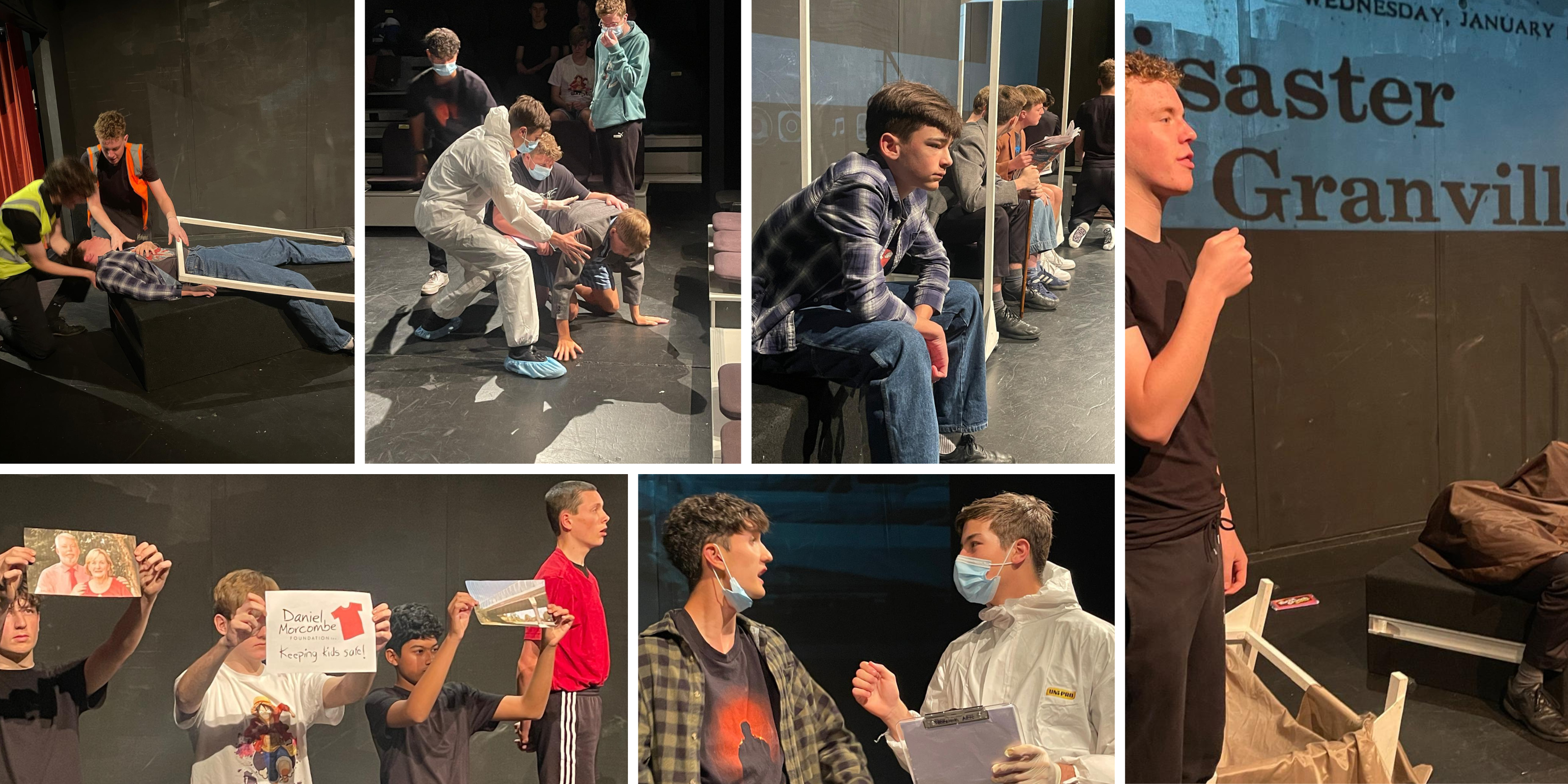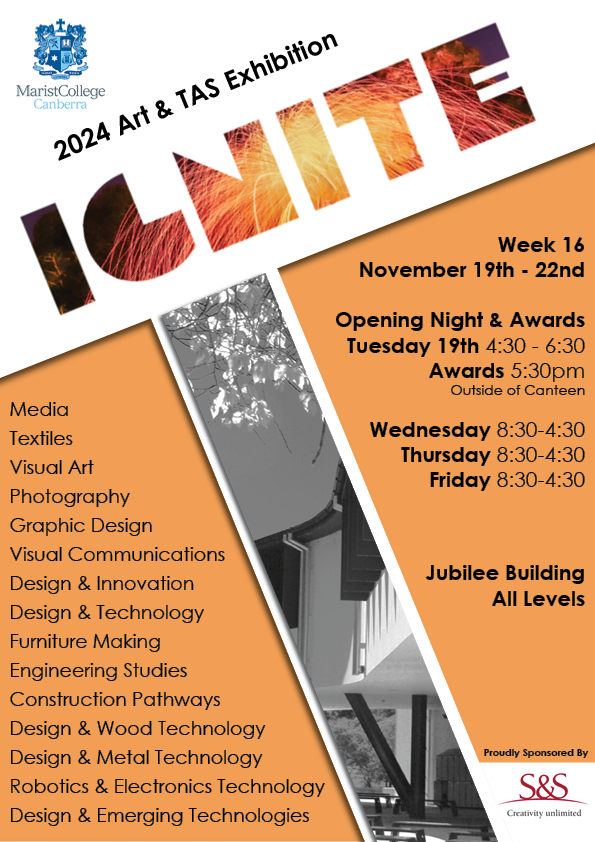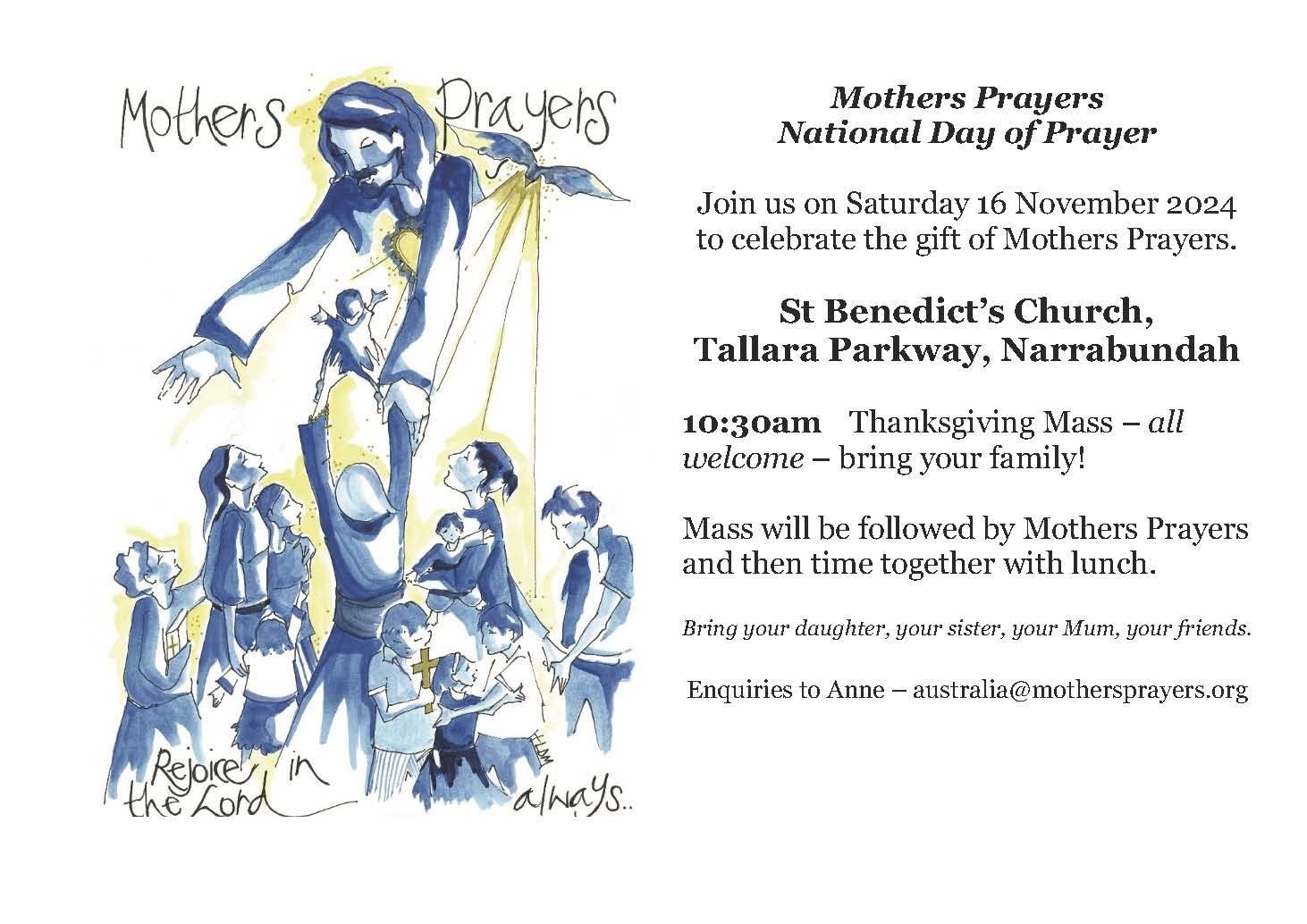From the Headmaster
Human kind
The image cooked up by Hollywood of trigger-happy action heroes like Rambo is far from the reality of war. For millennia, generals and governors, artists and poets have taken it for granted that soldiers fight and war brings out the hunter in us all.
There has been some interesting research that contradicts such assumptions. Colonel S.L.A. Marshall interviewed troops after an intense battle with Japanese soldiers and found that only 15-25% of them had actually fired their weapons. At the critical moment, the vast majority balked. Furthermore, there did not seem to be any difference between new recruits and experienced soldiers when it came to willingness to shoot. More surprising, many of the men who did not fire had been crack shots in training and yet the soldiers stayed at their posts. To a man, they were courageous, loyal patriots, prepared to sacrifice their lives for their comrades. However, when it came down to it, they failed to shoot.
In Marshall’s 1946 book Men Against Fire – still read at military school to this day – he suggests that ‘the average and normally healthy individual…has such an inner, usually unrealised, resistance towards killing a fellow man that he will not of his own volition take life’. Most people, he wrote have a ‘fear of aggression’ that is a normal part of our ‘emotional make-up’.
There are numerous other such examples. In the US air force, less than 1% of the WW II fighter pilots were responsible for almost 40% of the planes brought down. Most pilots never shot anyone down or even tried. In the famous Battle of Gettysburg at the height of the American Civil War the inspection of 27,574 muskets recovered afterwards from the battlefield revealed that a staggering 90% were still loaded. Some 12,000 muskets were double loaded, and another half were triple loaded. Muskets, they all knew, were designed to discharge one ball at a time, which therefore suggests that loading a gun is a perfect excuse not to shoot. Similar findings were made in the French army and when they did fire their weapons, they often aimed too high. The obvious conclusion is that most soldiers are not trying to kill the enemy.
As we remember the soldiers who endured the unimaginable, let us reflect on the simple yet powerful truth that many did not enter the fray to harm others, but out of a sense of duty to protect and serve. On Remembrance Day, we honour those who have laid down their lives, acknowledging both their sacrifice and the human desire for peace that lies even within the chaos of war. In their memory, we commit to the pursuit of a world where such sacrifices are no longer needed—where the memory of their courage becomes a testament not just to duty but to our shared hope for a lasting peace.
I'd also like to share some reflections from the European History Tour in the September school holidays. Thanks to Matt Calder for providing this wonderful recount of such a significant occasion:
During the September school holidays, 35 Senior students from Marist College Canberra had a memorable opportunity to complete a history tour of Germany, Austria, Belgium, and France. The trip included visits to a multitude of architectural landmarks, priceless museums, and historic sites, but the most powerful and emotive experience that was offered to our students was an afternoon of coordinated visits to the First World War gravesites of the relatives of five of our current students.
Tucked away in the intimate cemeteries of small French villages, these immaculate gravesites provided a chance for our students to pay homage to their family members and was an opportunity to reflect on the realities of war and sacrifice often made by young men, not much older than themselves, that shaped the world in which they live today.
Noah Prail (Year 12) had an opportunity to visit the site of his Great, great, great grandfather at Warlincourt Halte Cemetery in France. Noah was the first family member to visit his grave in the 107 years it has been there, and it was a phenomenal moment when Noah located the site himself and dropped to one knee in reverence at the overwhelming occasion.
Patrick Sharkey (Year 12) had a similar experience visiting the final resting place of his Great, great, great uncle Serjeant Andrew Findley Madden. It was heartwarming to see the respect and love that Patrick demonstrated towards his beloved family member and it was an honour to witness every student and staff member pay their individual respects, filing past his grave with heads bowed in the drizzling rain.
The tour and its carefully researched visits to the war cemeteries of family members of our students, fosters a personal connection and engagement with history that cannot be replicated in a classroom textbook or a film. Experiences like this develop our students critical thinking skills and empathy by encouraging them to evaluate the strategies and tactics of the First World War, through the prism of personal sacrifice and family loss. It was an honour to stand alongside our students as they made this pilgrimage, these experiences and memories are a treasured gift that a career in teaching has been able to provide, for which I’m eternally grateful for.
Lest we Forget.
Building Resilience and Rigor: A Time to Test Knowledge and Skill
In the weeks ahead, boys across all year levels will engage in final assessments, marking an essential step in their academic journey. These assessments evaluate the concepts and skills developed over the past year, emphasising the importance of systematic revision and effective study habits. While it might be tempting to view rigorous assessment as something reserved for senior years, research demonstrates that building a foundation of discipline and academic rigor in the junior and middle years leads to stronger outcomes at every stage.
I encourage each student to approach these assessments with purpose and dedication. This is more than a test of knowledge; it’s an opportunity to cultivate resilience, deepen understanding, and contribute to a culture of scholarship at our College. Through methodical preparation and conscientious effort, each student has the potential to exceed their own best and make meaningful strides in their learning.
For parents, this is also a valuable time to engage with your son’s academic progress. Hopefully he will welcome your enquiries (you can only ask) and we encourage you to provide guidance where possible, whether by discussing study strategies or simply offering encouragement. Your support is invaluable in helping your son approach these assessments with confidence and a positive mindset.
Matthew Hutchison
Headmaster
